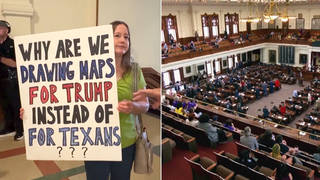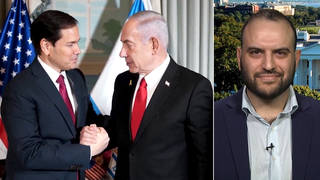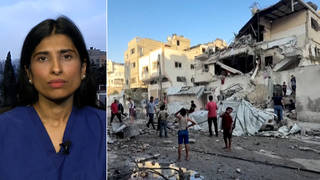It is unclear how the sped-up timetable of formal control will change operations on the ground as tens of thousands of U.S. troops will remain in Afghanistan until the withdrawal deadline of late 2014 and possibly even beyond. As in Iraq, a rejection of immunity for U.S. troops could prevent a large troop presence after the withdrawal. After returning from Washington earlier today, Afghan President Karzai said a jirga, or grand assembly, will decide on U.S. immunity by the end of the year.
Afghan President Hamid Karzai: “The decision regarding immunity for American soldiers in Afghanistan is a very important issue, which condition of immunity they want from us. The government of Afghanistan cannot make a decision on this. This decision should be referred to the people of Afghanistan in a grand assembly, to be asked whether immunity should be given to the American soldiers or not, and if we give them immunity, how and under which conditions.”
According to Karzai, an initial U.S. proposal for immunity was rejected and a second round of talks will be held this year in Kabul. In a statement, the activist group Voices for Creative Nonviolence criticized the U.S. role in Afghanistan, saying: “Over the past 10 years of occupation, the United States could have assumed a responsibility to help establish a sustainable economy and infrastructure. Instead … the U.S. forces will leave behind many millions of war-weary, exhausted and economically desperate people.”









